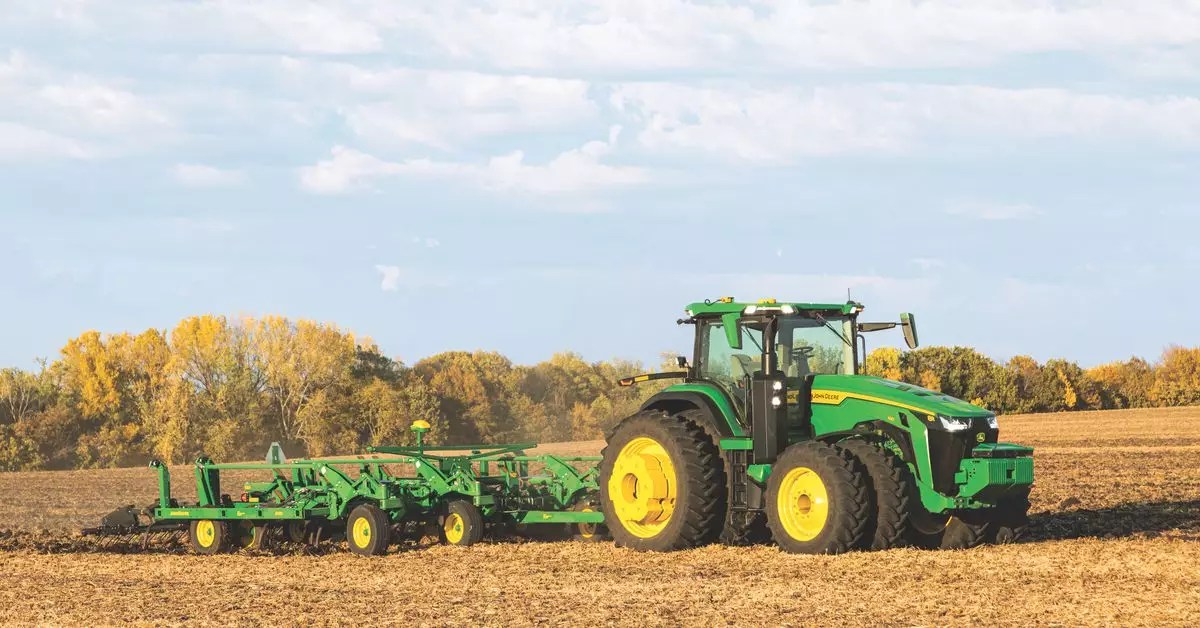Recently, the United States has been witnessing awe-inspiring Northern Lights due to solar storms. However, these beautiful celestial displays are not without consequences. Reports suggest that these solar storms have been causing disruptions to GPS satellites, affecting various sectors, including agriculture. The issues have particularly impacted Midwest farmers, leading to significant challenges in their operations. Some GPS systems have been temporarily knocked offline, hampering the accuracy of Real-Time Kinematic (RTK) systems that are crucial for tasks like crop planting and fertilizing.
Challenges Faced by Farmers
The outage of GPS systems has created problems for farmers, especially during a critical planting deadline for corn crops. Tractors from renowned brands like John Deere rely on RTK for centimeter-level positional accuracy while carrying out farming activities. The compromised systems have resulted in drastic shifts in the field and heading changes for those farmers who continued planting during the outages. This situation has raised concerns about the accuracy of planted rows, thereby impacting the effectiveness of tractor guidance systems like AutoPath in the future.
As the solar storms persist, farmers are facing challenges in meeting essential deadlines for planting crops. The reliability of RTK systems is crucial for modern, tech-dependent farming practices that aim for precision in agricultural activities. The inability to use GPS accurately during planting could lead to significant repercussions, such as crop destruction and yield losses. Moreover, the reliance on advanced agricultural equipment underscores the need for effective solutions to address technological disruptions in the farming sector.
The increasing reliance on technology in agriculture highlights the importance of right-to-repair laws, especially for farmers facing equipment failures due to external factors like solar storms. The inability to repair and maintain high-tech machinery independently can severely impact the entire crop production cycle. Farmers are advocating for the freedom to repair their equipment without being solely dependent on manufacturers, emphasizing the need for legislative support to address these challenges effectively.
Understanding Solar Storms
Solar storms, such as geomagnetic disturbances caused by coronal mass ejections from the sun, present serious threats to Earth’s technological infrastructure. The severity of these storms is categorized on a scale from G1 to G5, with the recent storms reaching G5 levels. These powerful phenomena have the potential to disrupt power grids, satellite communication systems, and other critical technologies. The impact of solar storms on GPS satellites and agricultural operations serves as a reminder of the vulnerability of modern society to space weather events.
The recent disruptions caused by solar storms have shed light on the interconnectedness of technology, agriculture, and natural phenomena. The challenges faced by farmers in utilizing GPS systems for precision farming highlight the importance of resilience and adaptability in the face of external disruptions. By advocating for the right to repair and implementing strategies to mitigate the impact of solar storms on GPS satellites, we can bolster the resilience of agricultural systems and ensure sustainable food production in the face of evolving environmental challenges.


Leave a Reply